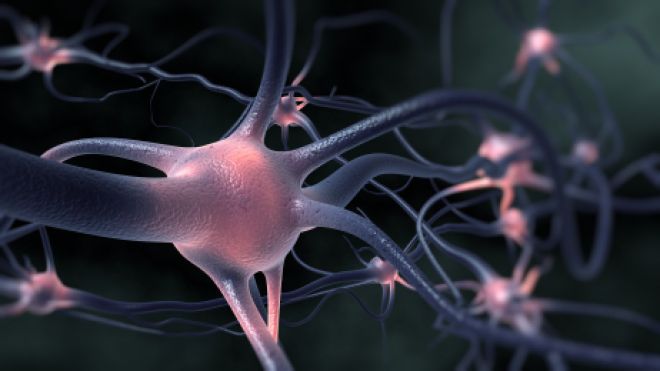Last month, surgeons at Johns Hopkins in Baltimore, Maryland, implanted a pacemaker-like device into the brain of a patient who had been suffering from mild Alzheimer (a disease for which people lose their cognitive abilities such as thinking, reasoning and memory). After the implantation, researchers announced that they had “successfully implanted” the pacemaker-like device into that patient’s brain that would “improve memory and slow cognitive decline.”
During the surgery, doctors implant an Activa PC Neurostimulator into the chest of the patient, which is connected by tiny wires called “leads” to the patient’s brain through holes in their skull. When electrodes are inserted into different regions of the brain, the brain don’t get damaged. However, the device then delivers tiny electrical pulses (130 every second) to the hippocampus, where memories are created and where the earliest symptoms of Alzheimers appear to arise, to help keep things stable. Researchers have found that the pacemaker-like device can increase glucose metabolism of Alzheimer patient (in Alzheimer’s patients, glucose metabolism decreases in the brain). Researcher also found that DBS won’t cure Alzheimer’s disease, but it will attempt to decrease the rate of losing memory of those patients who are suffering from the early stages of Alzheimer’s disease.
The University of Toronto, the University of Pennsylvania, the University of Florida, and Banner Health System are planning to implant these so-called pacemakers around in forty patients over the next year. Researchers are very much optimistic that the deep brain stimulation will be an effective tool to treat Alzheimer’s disease directly.
Source: Extreme Tech
Thanks To: Technology Review
[ttjad keyword=”best-selling-gadget”]



